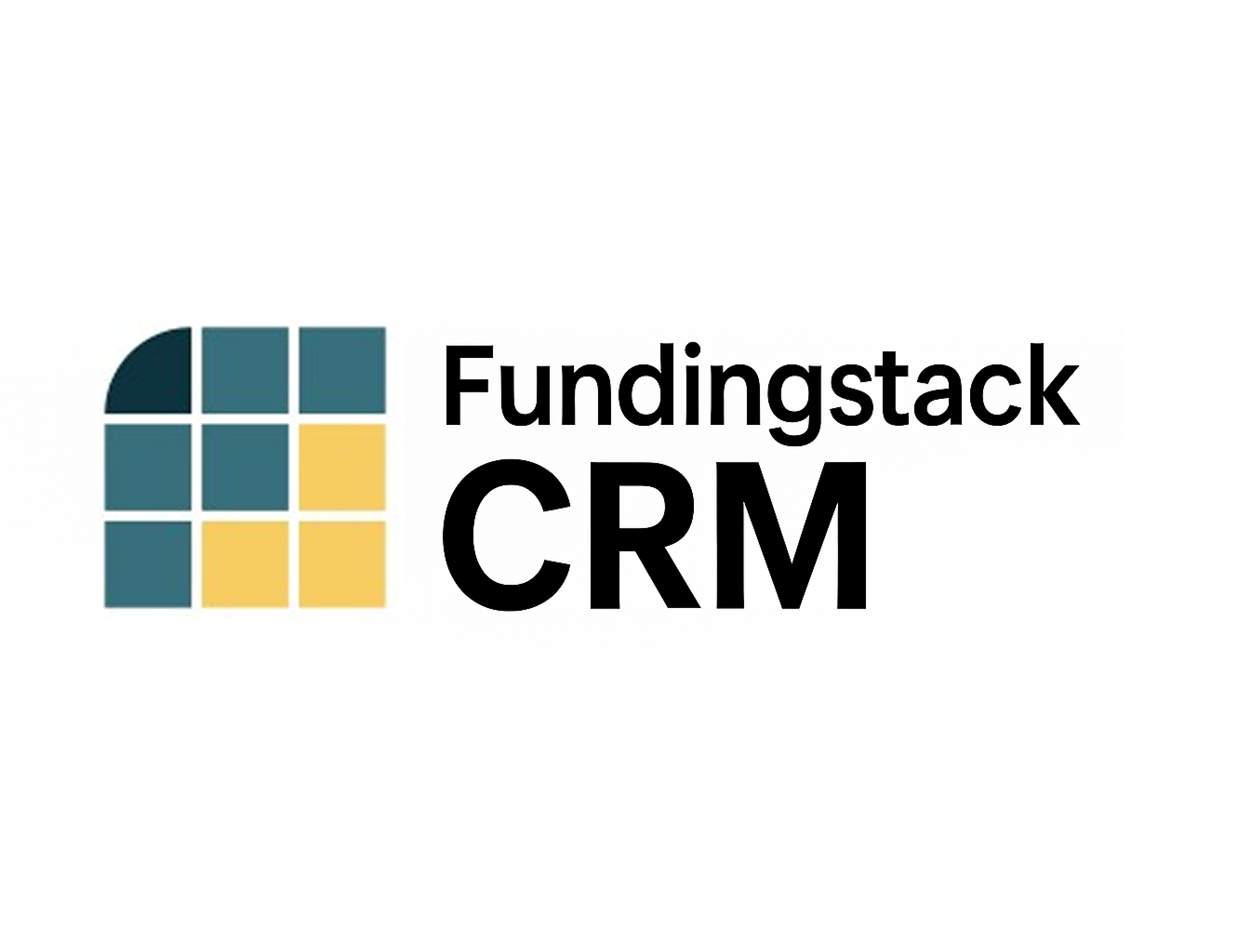The Ultimate Guide to CRM for Venture Capital Firms

Discover how a venture capital CRM streamlines investor relations, enhances collaboration, and boosts deal-making efficiency for VC firms. Learn key features, benefits, and tips for successful adoption.

For venture capital (VC) firms, having the right tech tools can make the decisive difference in securing investments. One good example of a powerful assistant is a venture capital CRM that boasts specialized features to nurture investor relationships, and keep track of extensive data.
But how exactly does a CRM for venture capital help firms in their investor relations? And are they really worth the investment?
In this article, we will explore the unique functionalities of venture capital CRM software, and outline some things to consider when adopting one for your firm.
What Is a CRM and Why Is It Important for Venture Capital?
A CRM is a tool for organizing a company’s contacts, and by doing so it supports decision-making, collaboration, fundraising, marketing, and growth.
The role of a VC CRM extends to helping firms track their interactions across various stakeholders - LPs, entrepreneurs, and co-investors. It centralizes all communication logs and documents, which helps prevent information silos and improves how teams close deals from start to finish.
Key Features of a CRM System for Venture Capital
Now let’s break down the most impactful features that help VCs build fruitful relationships:
Investor Relationship Management
Strong ties with LPs are vital for a VC firm's sustainability and growth. A CRM with an advanced investor management module will help you log interactions and email threads and keep track of files sent and received. It will also help you track investor preferences and keep on top of critical follow up tasks and to-dos, such as capital calls or distribution events. Detailed profiles of LPs can also help teams send personalized updates and identify the right investors for co-investment opportunities.
Pitch Deck Hosting
Keeping track of numerous pitch decks, investor presentations, and other documents can be a logistical challenge. A well-designed CRM will integrate document storage, helping you to link files directly to relevant deals. Moreover, advanced versions of these systems may offer pitch deck hosting functionality for the most seamless communication with the most important people.
Contact and Email Management
Modern CRMs sync with email clients to auto-log correspondence and auto send emails as well. This feature tends to vastly improve your organization and make sure your critical communications are not lost or forgotten.
Data and Document Management
VC firms deal with various documents, from financial statements and term sheets to legal agreements. A CRM should offer a user-friendly interface for document storage and retrieval, equipped with tagging and version control. This feature is critical for maintaining consistency and having quick access to key paperwork during negotiations or LP updates.
Reporting and Analytics
Data-driven reporting is essential for evaluating both the firm's performance and that of its portfolio. CRMs often pack various helpful dashboards like activity dashboards that show all emails and pitch decks sent as well as investor updates.
Additionally, they can track many relevant metrics like momentum scores, how much capital you have raised as well as all investors at each stage in your pipeline.
Cross-Team Collaboration
Venture capital firms often operate with cross-functional teams - associates may be responsible for initial research and LP prospecting, while partners communicate with investors. A CRM system helps these groups share findings and updates in real-time.
For example, a partner preparing for a meeting can quickly review recent communications documented by an associate.
Strategic Considerations for Adopting a CRM in a Venture Capital Firm
Implementing a CRM requires more than just choosing the most feature-rich platform. That’s why we’d like to share with you some other factors to weigh before adoption:
Customizability
No two VC firms operate in precisely the same manner, which makes customizability a critical element when choosing a CRM. The system should offer flexibility for users to create custom fields, adapt workflows, and develop tailored dashboards that reflect the firm’s unique processes. Off-the-shelf CRMs may require substantial modifications to meet a VC firm’s needs, so the potential for customization should be considered at the evaluation stage.
Integration with Existing Systems
A CRM doesn’t function in isolation - it should mesh well with the other tools the firm uses, email platforms, for example. CRMs that offer seamless API integrations with external platforms minimize redundant data entry and create a more cohesive tech stack.
This is particularly valuable when you are engaged in due diligence or reporting, as data from multiple sources must converge for meaningful analysis.
Data Security
Handling sensitive information is part of daily operations for VC firms. A CRM must have rigorous security protocols, including data encryption, role-based access, and frequent software updates to address vulnerabilities. On top of that, a nice-to-have for these purposes is a data room that can safely store key contracts, intellectual property, employee information, KPIs and metrics, product roadmaps, an org chart, financial statements and more.
User Adoption and Training
A CRM’s effectiveness largely depends on how well it is adopted by the team . Even the most advanced systems can fall flat if they’re not embraced by users. A practical rollout plan includes training sessions tailored to different levels of the team and ongoing support. What also helps here is implementing a CRM that is easy-to-use by default.
Conclusion
Venture capital CRM software will serve you as a powerful hub for managing all LP interactions, and investor data. With the right VC CRM in place, you can be sure that you always cultivate meaningful investor connections and make only the best fundraising decisions, backed by solid data.
FAQs
How Does a CRM Improve Investor Relations in a VC Firm?
A CRM can improve investor relations by maintaining detailed records of interactions and communications, helping you personalize your outreach and build stronger relationships with LPs.
Can CRM Systems Integrate with Other Tools Used by VCs?
Yes, most modern CRMs offer integration capabilities with other software, email systems, for example.
What Makes a CRM System Ideal for Venture Capital Firms?
The best CRM for VC firms should include customizable features for managing investor contacts, analyzing data, and securely storing documents. Adaptability and strong integration options also make a CRM system better suited for a firm’s specific needs.